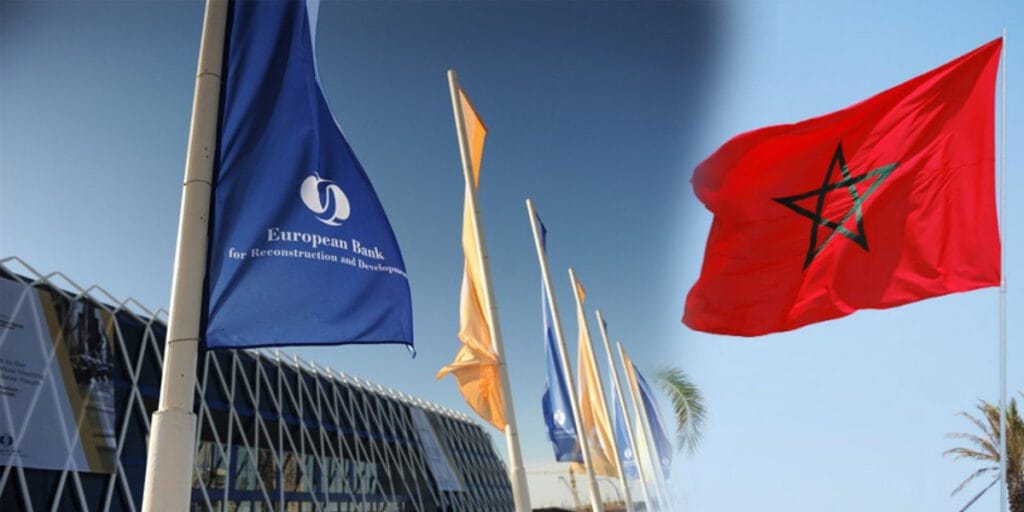Morocco reaches a new milestone in its transition to a low-carbon economy. An unprecedented loan agreement of 300 million euros has been signed between the European Bank for Reconstruction and Development (EBRD) and the National Office of Electricity and Drinking Water (ONEE). This financing, structured as a sustainability-linked loan (SLL), is a first in the energy sector for the MENA region and Africa.
An innovative response to the energy crisis
Designed to support the Kingdom’s growing climate ambitions, this loan aims to strengthen the financial resilience of ONEE while accompanying it in its decarbonization and digital transformation strategy. “This transaction illustrates the role of innovative finance in realizing sustainable growth,” says Mark Bowman, EBRD Vice President for Policy. He also emphasizes the close coordination with the Moroccan government to support a strategic shift towards cleaner and more modern energy production.
Carbon neutrality goal
The agreement is based on two key performance indicators: the reduction of the carbon intensity of electricity produced in Morocco and the increase in the share of renewable energies in the national energy mix. In this context, ONEE commits to gradually phasing out certain thermal units with a high carbon footprint, in line with the climate objectives set by Morocco for 2050, as announced at COP28.
Towards a smarter electricity system
In addition to decarbonization, this partnership will allow ONEE to develop a digital roadmap to support the digitization of its strategic processes. Network optimization, better capacity planning, and enhanced integration of renewable energies will be at the heart of this transformation. “This partnership marks a key step in our transformation towards a more sustainable and resilient energy model,” says Tarik Hamane, General Director of ONEE.
With this initiative, the EBRD confirms its positioning as a central player in the energy transition in the region, and Morocco continues its alignment with international standards in sustainability and climate governance.


